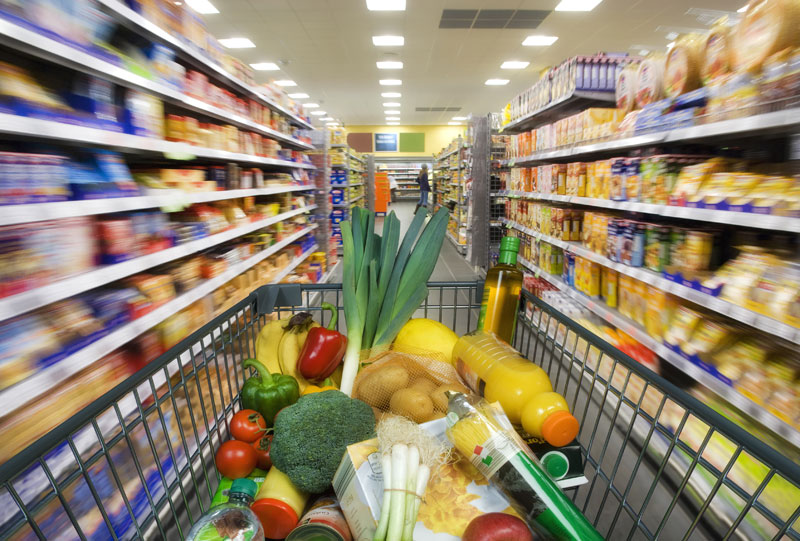Economy
Global Food Price Index Hits 10-Year High In 2021, Rises By 28%

The prices of food reached a 10-year high in 2021, rising by an average of 28 percent, the highest average level since 2011.
The UN’s Food and Agricultural Organization (FAO), in its Food Price Index, disclosed that despite a slight decline in December 2021, there was still an increase of 23.1 percent in points recorded in December 2020.
For 2021 as a whole, the FFPI averaged 125.7 points, as much as 27.6 points (28.1 percent) above the previous year with all sub-indices averaging sharply higher than in the previous year.
Also, the FAO Vegetable Oil Price Index averaged 178.5 points in December, shedding 6.1 points (or 3.3 percent) from recent record highs. This decline, according to the FAO, was driven by weakening palm and sunflower oil prices, while soy and rapeseed oil values remained virtually unchanged month-on-month.
Similarly, International palm oil prices fell in December, primarily reflecting subdued global import demand amid concerns over the impact of rising COVID-19 cases. International sunflower oil quotations were also weaker, reflecting demand rationing.
For 2021 as a whole, the FAO Cereal Price Index averaged 131.2 points, up 28.0 points (27.2 percent) from 2020 and the highest annual average registered since 2012. The prices of maize were however firmer, underpinned by strong demand and concerns over persistent dryness in Brazil.
For dairy products, the price averaged 128.2 points in December, up 2.3 points (1.8 percent) from November and 19.0 points (17.4 percent) above its December 2020 value. Also, the output for milk was low due to high global import demand, coupled with tight export supplies.
However, despite the low milk output, cheese production in Western Europe increased as producers preferred cheese over alternative dairy products, causing a marginal decline in cheese prices.
Sugar Price Index averaged 109.3 points, up 29.8 points (or 37.5 percent) from 2020 and the highest since 2016.
Meanwhile, amid this increase in the global food index, Nigeria’s inflation rates continue to rise. The World Bank had earlier projected that Nigeria may have one of the highest inflation rates globally in 2022.
According to the World Bank, Nigeria is projected to have one of the highest inflation rates globally and the seventh-highest among Sub-Saharan African countries in 2022.
These inflationary pressures, which were triggered by multiple demand and supply shocks could hamper the country’s attempt to achieve economic recovery, eroding the purchasing power of most vulnerable households.